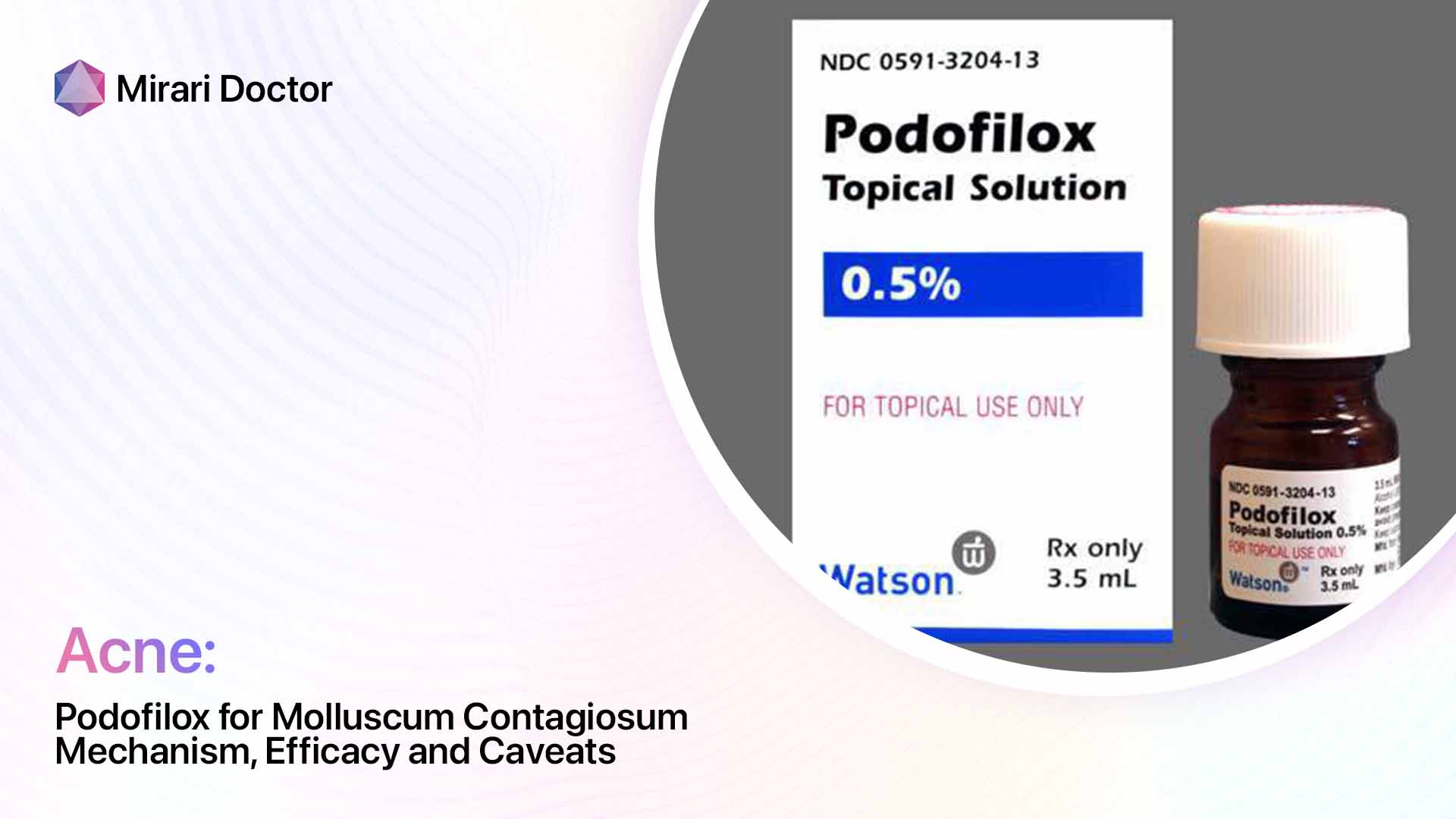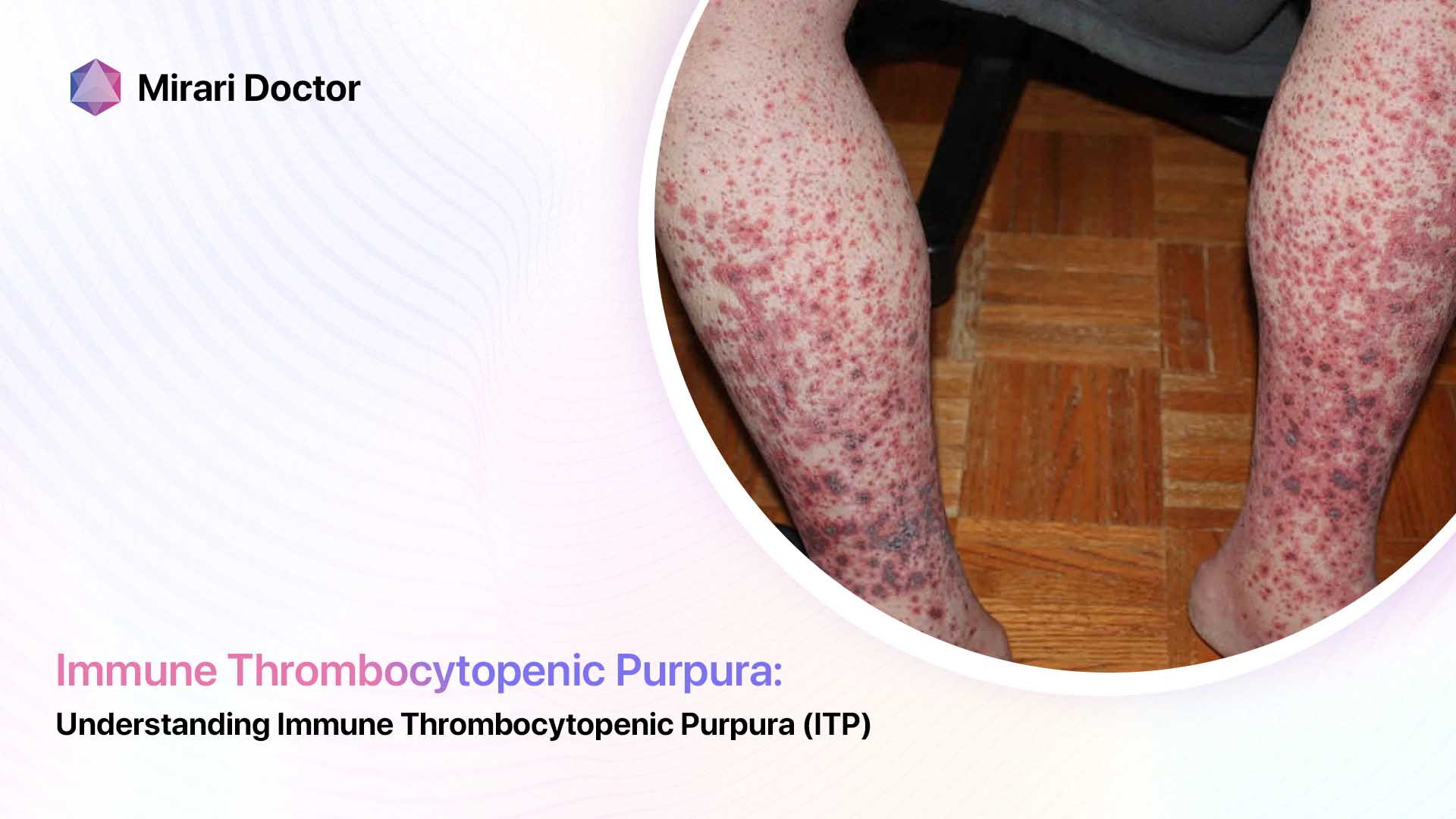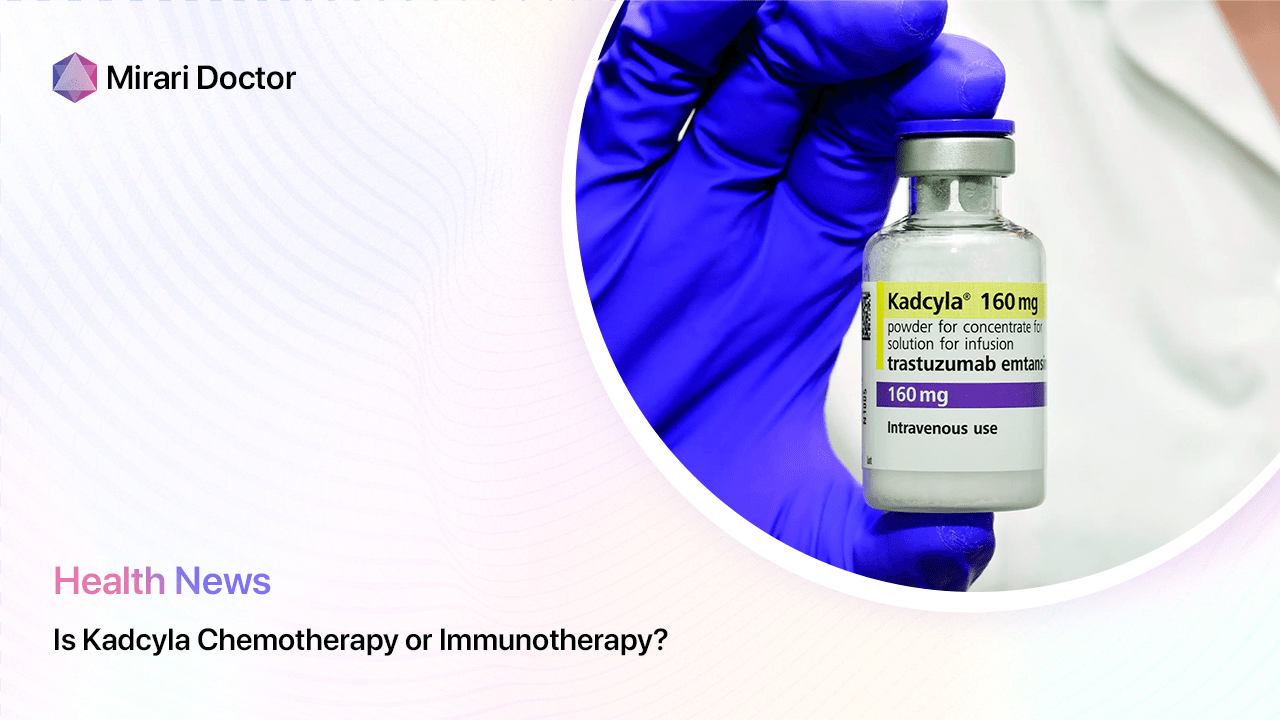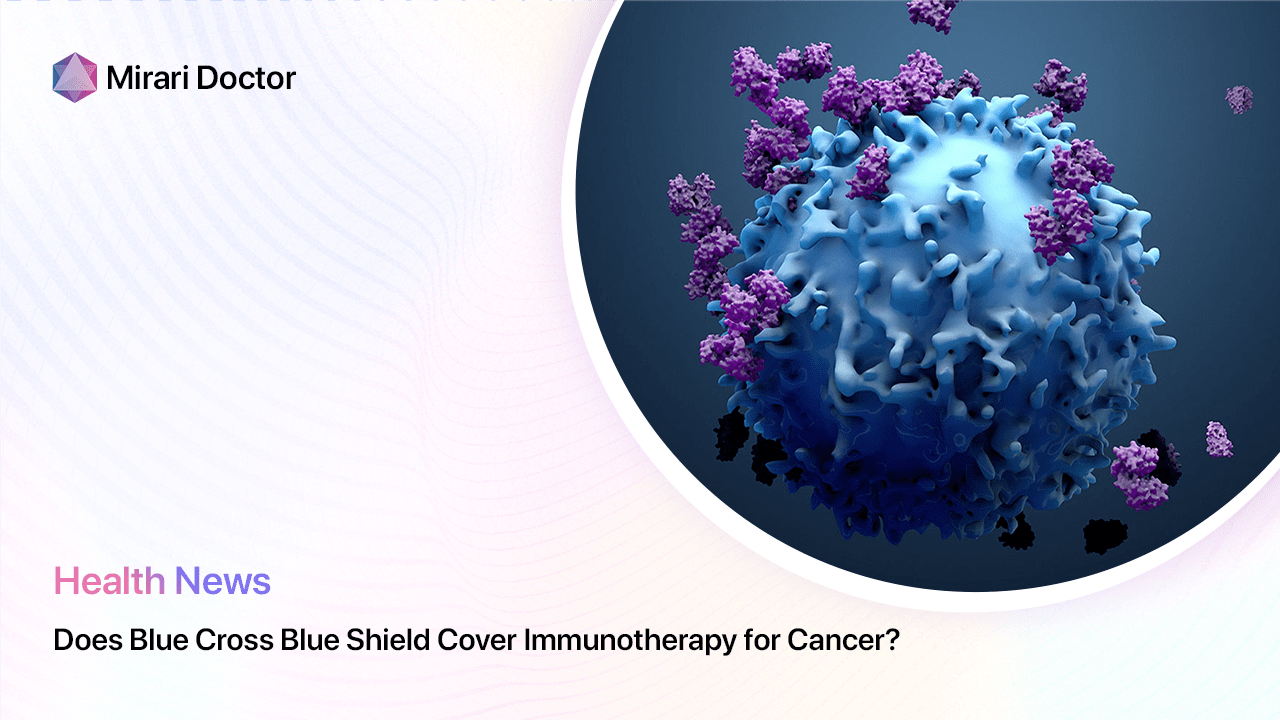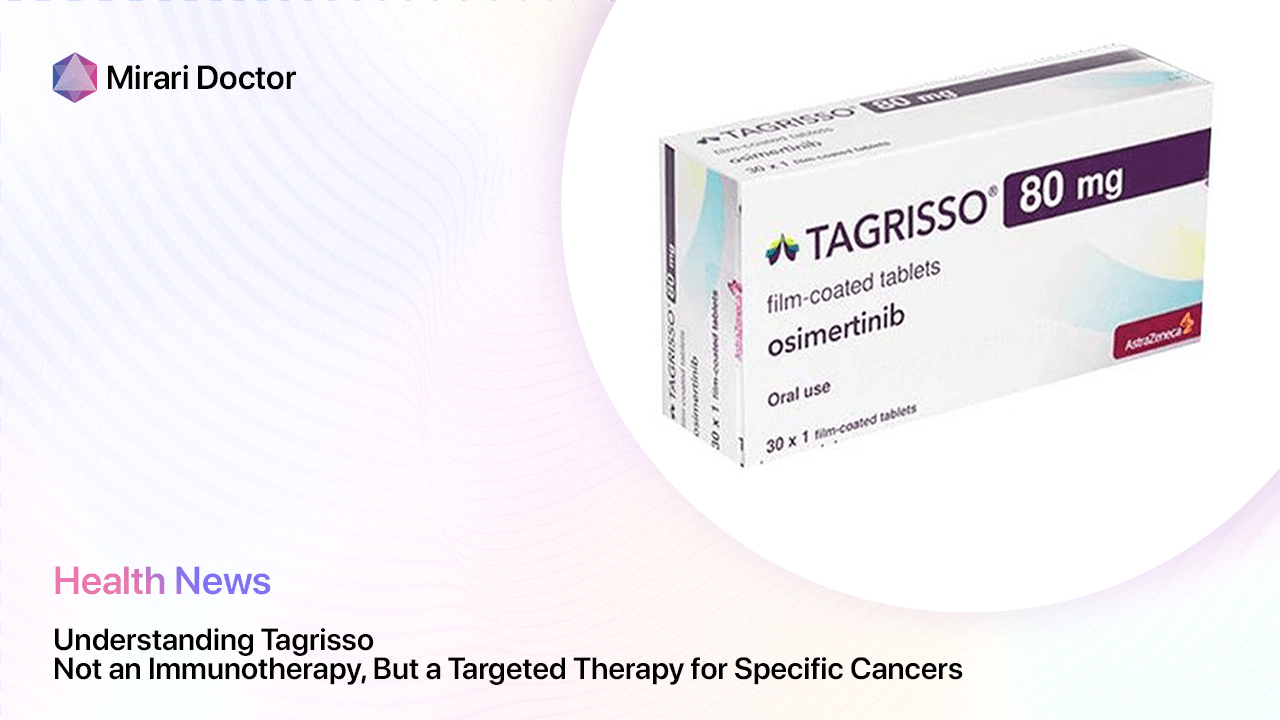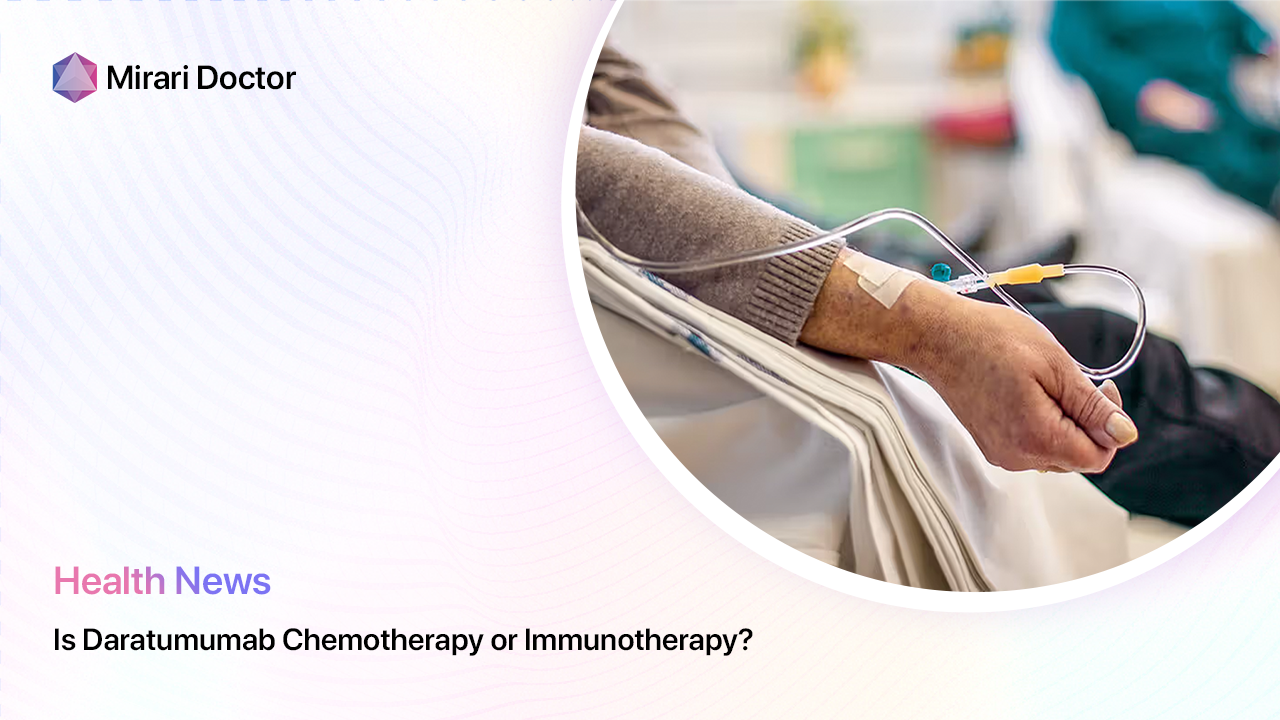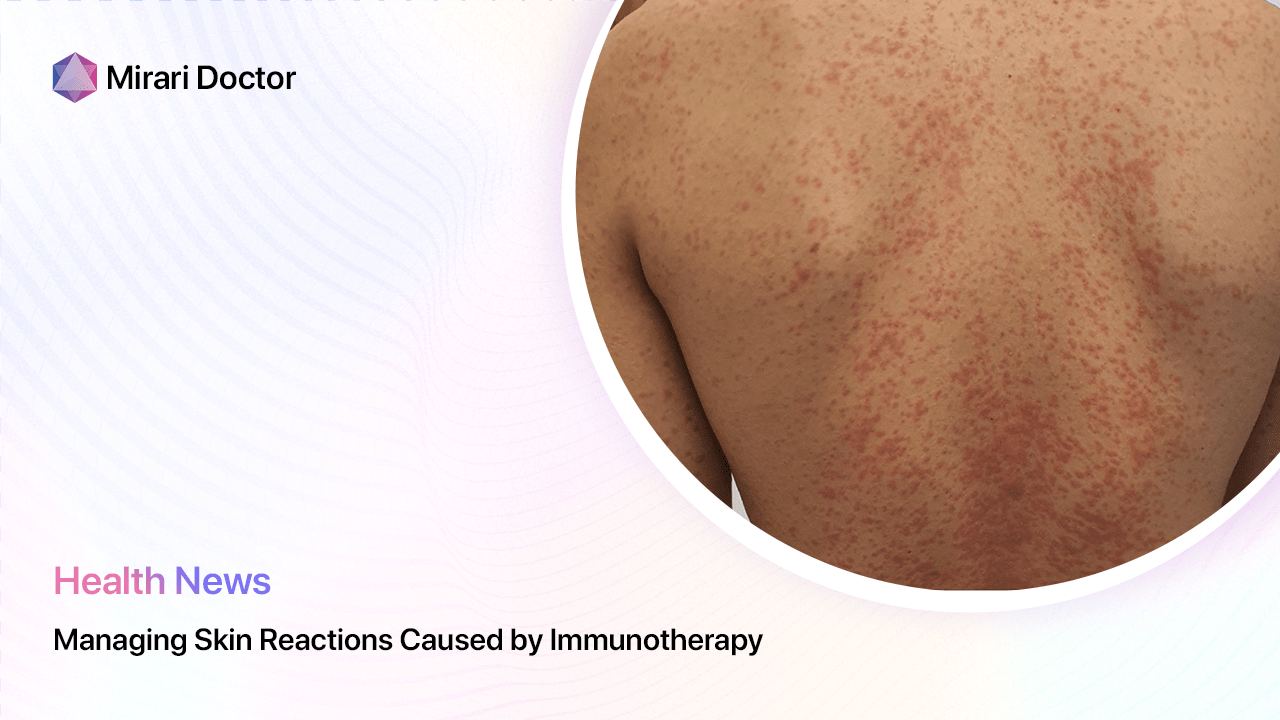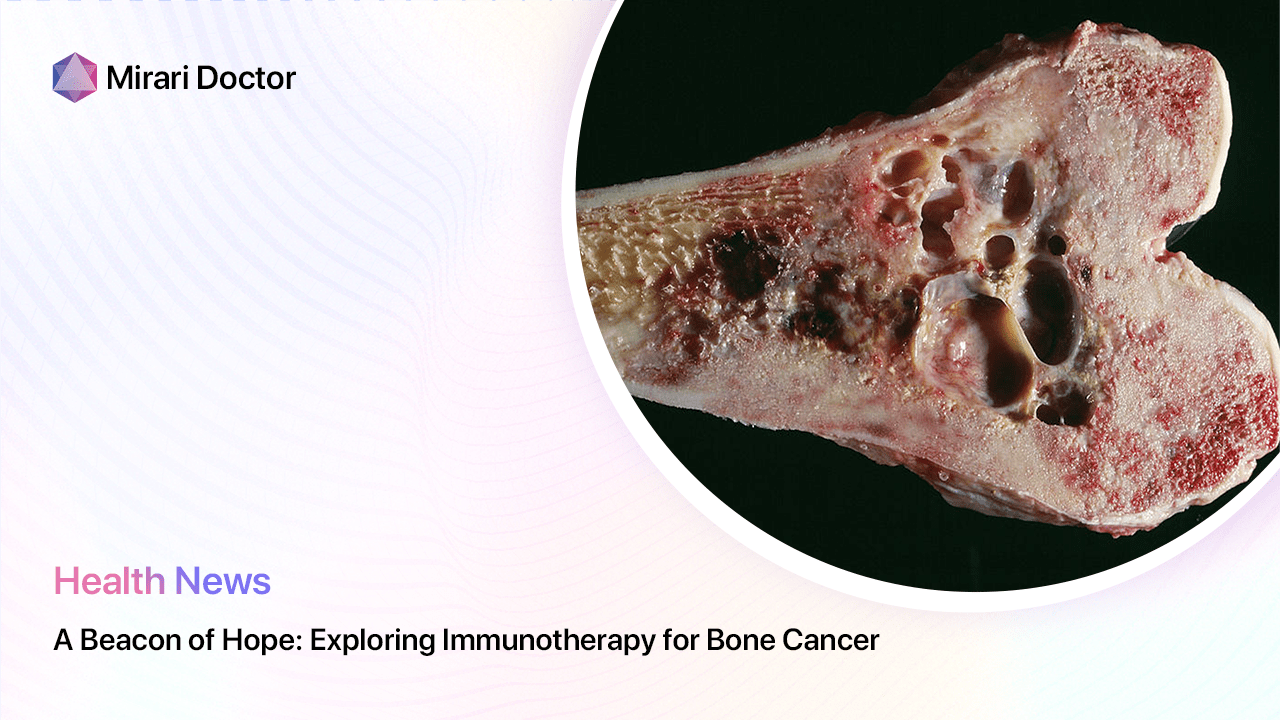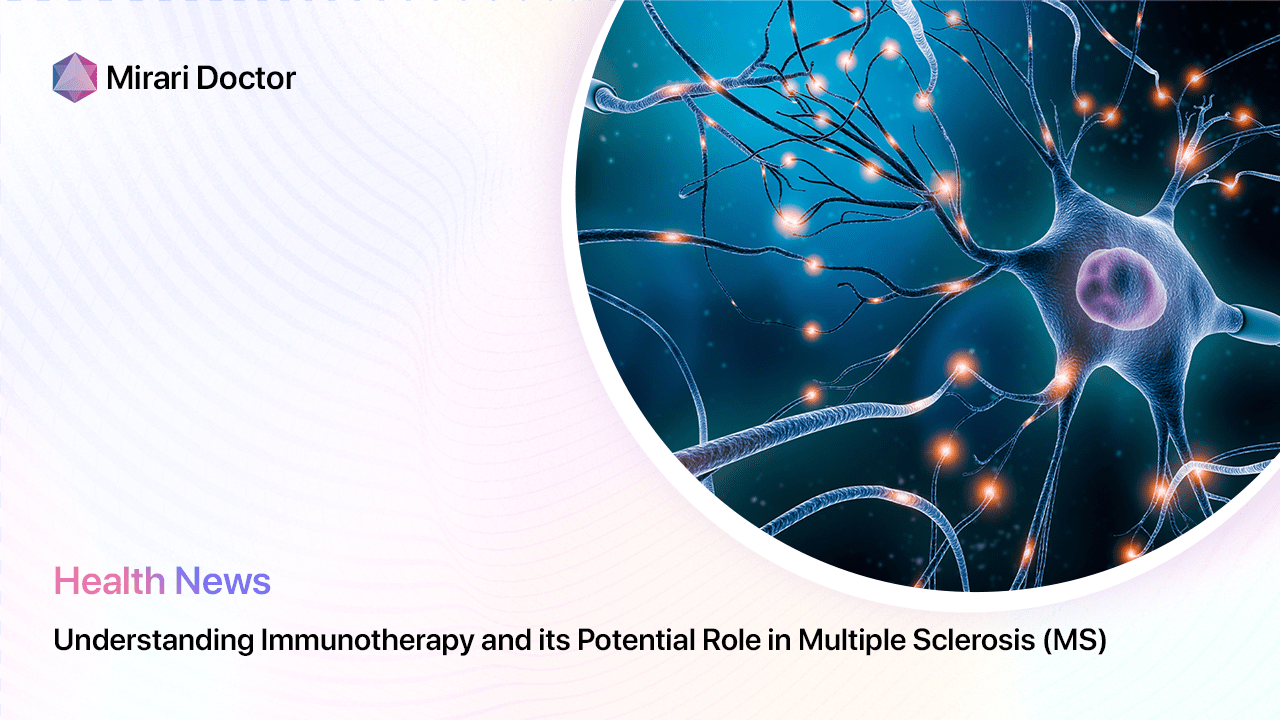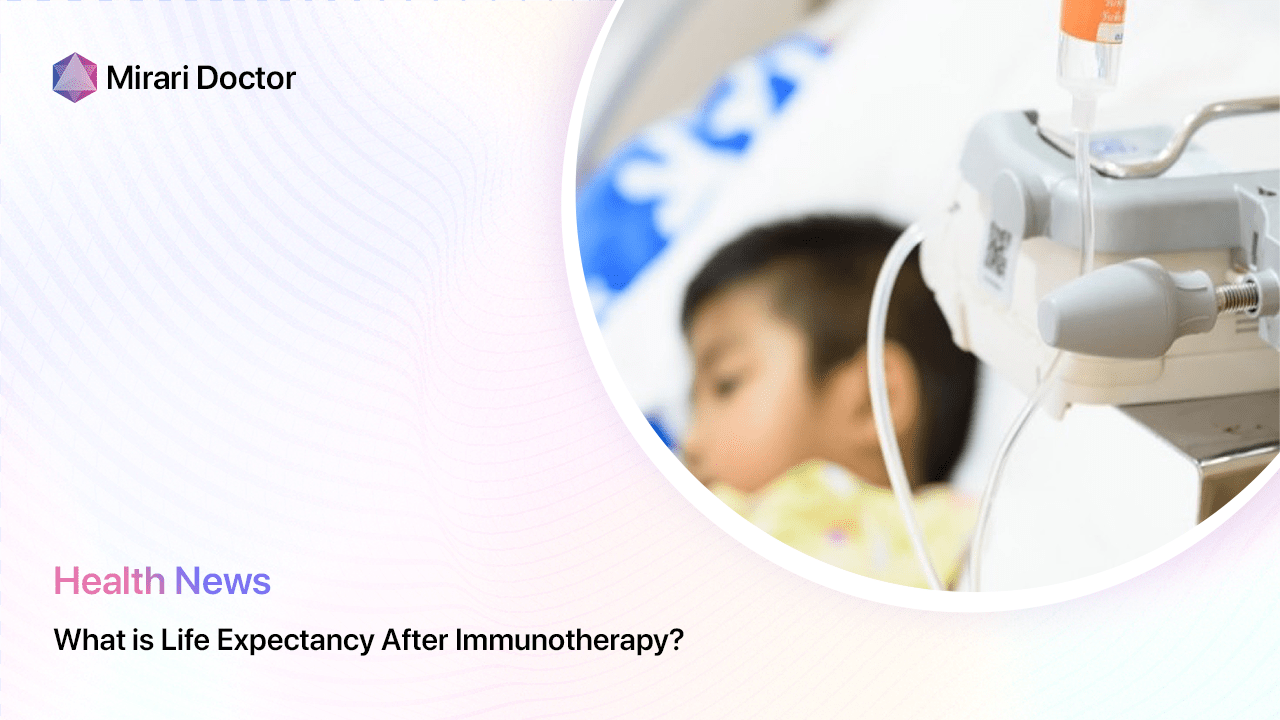
Immunotherapy represents an exciting shift in the cancer treatment landscape, leveraging the body’s immune defenses to recognize and eliminate tumors. As these innovative therapies yield improved outcomes across various cancers, interest has grown around understanding potential impacts on life expectancy following treatment. However, accurately predicting longevity after immunotherapy proves challenging given influencing factors unique to each patient’s cancer profile and clinical circumstances. Consulting an oncologist is key for personalized insights.
Challenges in Predicting Life Expectancy After Immunotherapy
Multifaceted factors influencing individual outcomes
General survivorship statistics fail to capture the nuances affecting prognoses after immunotherapy, which can vary widely depending on:
- Cancer type and stage – Early, localized disease often correlates better with extended life expectancy than late-stage, metastatic cancers.
- Patient’s overall health – Pre-existing conditions and fitness level can affect treatment tolerance and response.
- Response to immunotherapy – Degree and durability of response differs among patients and cancer types.
- Other therapies used – Combining immunotherapy with surgery, radiation, or chemotherapy influences outcomes.
“Predicting life expectancy after immunotherapy is complex, as individual factors significantly influence outcomes. Consulting a healthcare professional for personalized insights is crucial.” – Dr. Sarah Smith, Oncologist
So while immunotherapy holds promise, projections based on population data have limited applicability to individual cases. Personalized guidance is essential.
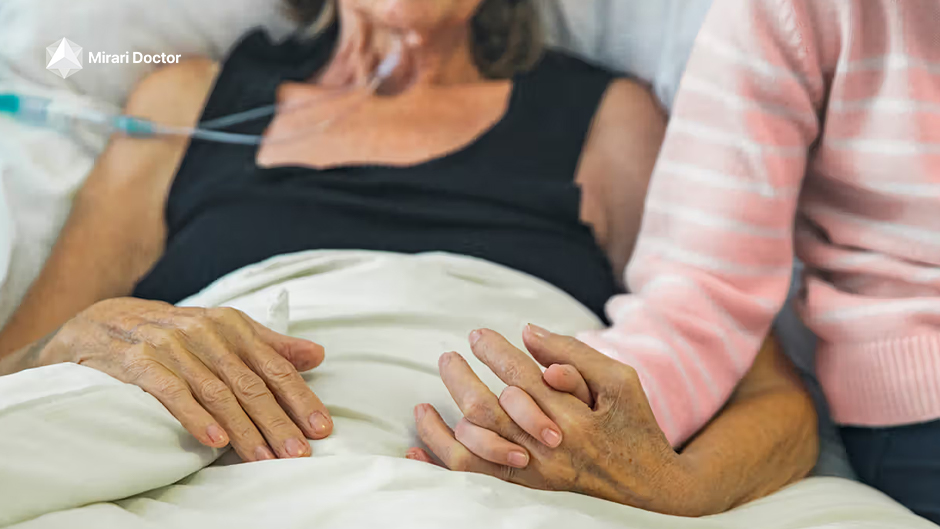
Benefits of Consulting a Healthcare Professional
Personalized assessment and guidance
Rather than relying on general statistics, those considering or undergoing immunotherapy should consult their doctor or oncologist to:
- Understand projected prognosis based on cancer specifics and health history
- Discuss options balancing potential benefits/risks
- Receive ongoing support in monitoring response and side effects
“A healthcare professional can provide a nuanced understanding of your individual situation and guide you towards the most appropriate treatment options and realistic expectations.” – Dr. Michael Lee, Oncology Specialist
Leveraging professional expertise offers the best approach to tailor decision-making and set informed expectations.
Key Takeaways
- Life expectancy after immunotherapy is highly individualized and influenced by various factors.
- General information cannot provide accurate estimates, and consulting a healthcare professional is essential for personalized insights and guidance.
- Open communication with your doctor allows for tailored treatment plans and realistic expectations throughout the treatment journey.
FAQs
What are the typical survival rates associated with immunotherapy for different types of cancer?
Survival rates with immunotherapy vary greatly depending on the specific cancer type and stage. For example, advanced melanoma treated with PD-1 inhibitors like pembrolizumab have shown 5-year survival rates around 40%, compared to 20% with chemotherapy alone. However outcomes differ drastically across other tumor types and cancer stages. Your oncologist can provide clarity on expected survival specific to your diagnosis.
How can I improve my overall health and well-being to potentially enhance the effectiveness of immunotherapy?
Leading an overall healthy lifestyle can potentially help optimize results from immunotherapy. Strategies may include eating a balanced nutritional diet, engaging in regular exercise, managing stress through yoga or meditation, and ensuring adequate sleep. Certain supplements may also play a role depending on individual factors. Discuss specific diet, fitness and wellness approaches with your healthcare team.
Are there ongoing clinical trials researching the long-term effects of immunotherapy on life expectancy?
Extensive research continues analyzing long-term follow-up data around optimal immunotherapy durations, impacts on survivorship and quality of life. Reputable cancer organizations like the American Society of Clinical Oncology (ASCO) closely track new evidence informing appropriate treatment courses and life expectancy insights. Discuss emerging findings with your oncologist.
How can I cope emotionally with the uncertainties surrounding life expectancy after a cancer diagnosis?
Seeking mental health support services can help confront the complex emotions following a diagnosis. Cancer organizations often have counselors to aid processing anxiety or grief, while support groups connect you with others facing similar challenges. Mindfulness, journaling or faith-based approaches may also help overcome worries around uncertainty.
What resources are available to support individuals and families navigating cancer treatment and its potential outcomes?
Many nonprofit cancer foundations like the American Cancer Society offer comprehensive information and community support throughout diagnosis, treatment and survivorship. Oncology social workers also assist connecting with resources related to care coordination, financial assistance or transportation needs that may arise due to treatment or outcomes.
In summary, while predicting longevity after immunotherapy proves highly complex, personalized insights from your oncology team provide the best resource for understanding expected outcomes and optimizing quality of life.
Related articles
Made in USA


